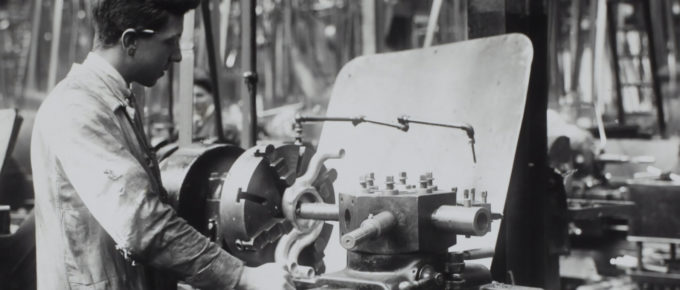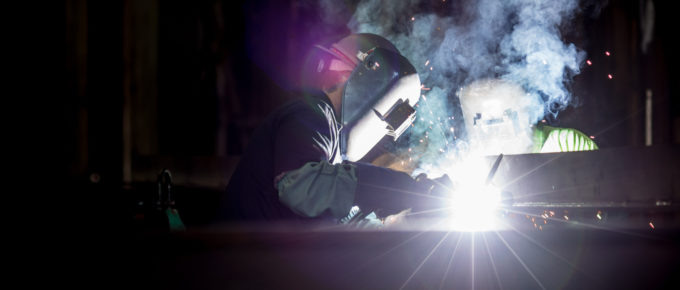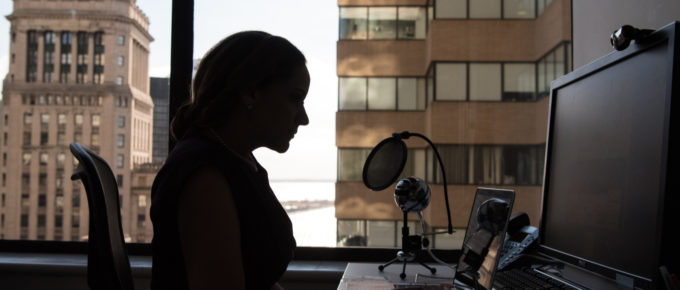We all have to get started some time. The longer that we orbit a large, messy, complex problem, the more complicated and difficult it can appear. Options and expectations weave together into a giant, tangled bundle of questions and choices that can seem impossible to unravel. Finding a way in, or even an end to grab on to, can seem an insurmountable challenge. The good news is that there are strategies that work to navigate the complicated and get to something that looks clearer.. It is all about knowing where to start.
So What Are Practices For, Anyway?
If best practices aren’t actually best, then why do they exist? What is the point of process, of practices, of standards even, if they don’t reliably produce good results? While some standards have value, and there are simple situations where there might be a best way of doing things, when it comes to the strategic work that we take on, we are far removed from those statements being true. Even when we want there to be a way of working, one that is consistent and repeatable, the reality we find ourselves in is usually very different. It helps to know what to draw on instead if we are going to be successful.
A Definitive Takedown of Best Practices
“Best practices” is a term that we love to bandy about. Even I will find myself relying on it at times, although I try very hard to avoid uttering its syllables. Best practices are frequently espoused as the essential and optimal means of attaining results. Generally, they are absolutely nothing of the sort. Nonetheless, many use the term as a proactive defense to justify their preferred way of working, or an after-the-fact rationalization the actions they have taken. This is my attempt to explain as clearly as I can why this is a dangerous and inappropriate idea.
Confronting the Role of Stress
Last week I made the argument that we cannot do our best work in periods of stress. The value of having physical and mental space is that it allows us the ability to explore and experiment. It would be easy to conclude that all stress is bad, and that stress is to be avoided. That would be a mistake. While it is true that stressful experiences can keep us from doing our best work, sometimes the opposite of that is also true.
A Room Of One’s Own
We don’t do our best work under pressure. Stress and productive creativity are poor companions at the best of times, and particularly now. While our current circumstances may not be optimal, that doesn’t mean that we can’t find the physical, mental and metaphorical space to function. It just needs a little work to define, and a little more effort to negotiate and make happen.
Find Your Voice
I started my career with what might have been misplaced confidence. The more my expertise caught up with my self-perception, the more I came to terms with what I know. The greater I can acknowledge the limitations on my knowledge and understanding, the more clearly and confidently I can speak to what I do know. Finding your voice is essential and influences how you show up in the world. It is a long process of reflection that starts with some important first steps.






